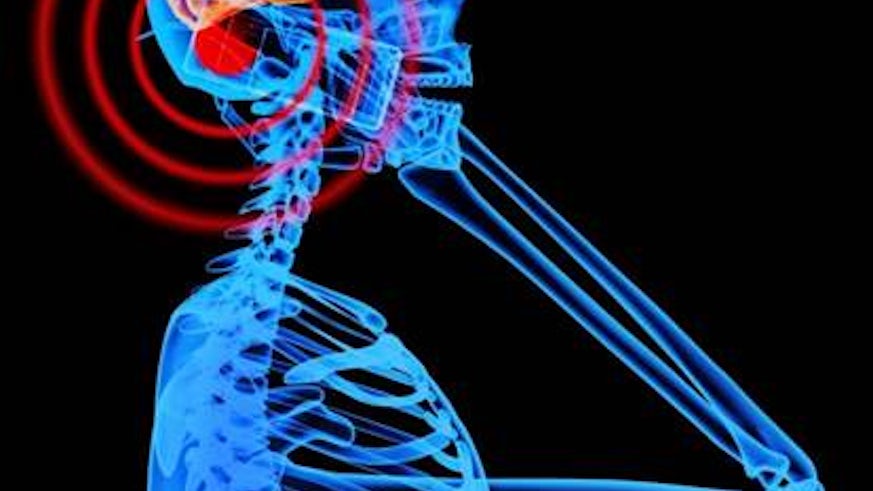New research project to evaluate biological effects of microwaves
16 February 2015

Cardiff University’s School of Engineering have embarked on a research project that will investigate the biological effects of microwaves with the eventual aim of contributing to the characterisation of the effects of microwaves on humans.
Microwaves are widely used in modern wireless networking and communication systems. They have come under much media scrutiny in recent years due to some evidence showing that they may be detrimental to human health, for example by increasing the risk of cancer. Current studies give conflicting indications of the health effects of microwaves, and health organisations are struggling to give unanimous and clear guidelines on human exposure and device safety. However, with the appetite for mobile-broadband, particularly in developing countries, projected to grow significantly in the next years, there is a widespread consensus that more research is needed to be able to set safety parameters.
The Cardiff project will look in detail at the non-thermal effects of the magnetic field of microwaves, rather than the well-characterised thermal effects of the electrical microwave field. Preliminary research indicates differential effects of the electrical and magnetic field on bacterial bioluminescence. Studies by other groups show distinct effects on bacteria exposed to the magnetic field, for example the inhibition of DNA repair mechanisms.
Bioluminescence, the biochemical emission of light by living organisms, has been used for a number of biotechnical purposes, for example the monitoring of water quality. The phenomenon occurs in bacteria, such as Vibrio fischeri, which are found in luminescent species of squid. The bacteria can be cultured to high density in vitro and the genetic and biochemical mechanisms of their bioluminescence are well understood. This makes them ideal candidates for initial testing of the effects of microwaves.
The project team will use bioluminescence to probe and measure the effects of the magnetic field in the first instance, for example by experimenting with different cavity modes to look at the effects of different microwave frequencies.
The team will then expand their investigation to look at the effects of the magnetic microwave field on mammalian cells using fluorescent compounds in order to probe specific cellular processes.
The project is sponsored by National Research Network and is a collaboration between the Cardiff University Schools of Engineering and Biosciences. Initially, the project will run for 18 months with a view to applying for further funding to continue and expand the research.
For further information on this research project, please contact Dr Catrin Williams.